Financial Success Tips: Distinction between Good Debt and Bad Debt
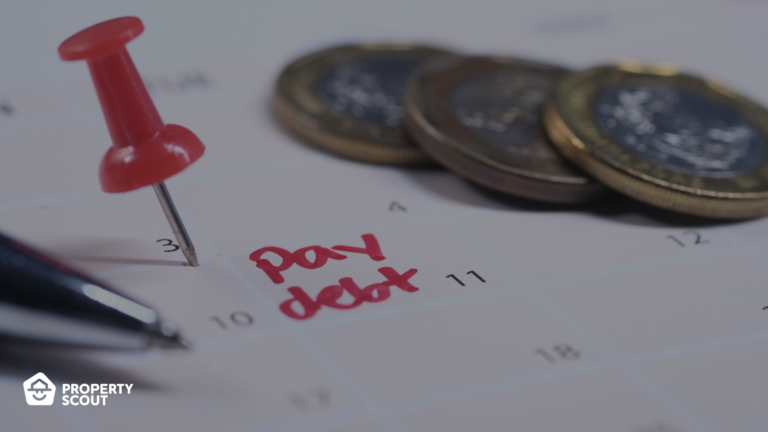
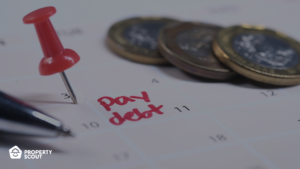
When it comes to achieving a higher quality of life, embracing the idea of taking on debt might be necessary. For instance, obtaining a mortgage to secure your dream home is often an essential step on the path to homeownership. Contrary to popular belief, being in debt doesn't have to be a terrifying prospect. It's important to understand that not all debts are created equal. In fact, there are good debts that can positively impact your creditworthiness and open doors to future financial opportunities. However, succumbing to reckless spending can quickly lead to a burdensome debt load. In this enlightening article, PropertyScout will delve into the realm of good debt and bad debt, unraveling their true implications and empowering you to make informed financial decisions.
What is Good Debt?
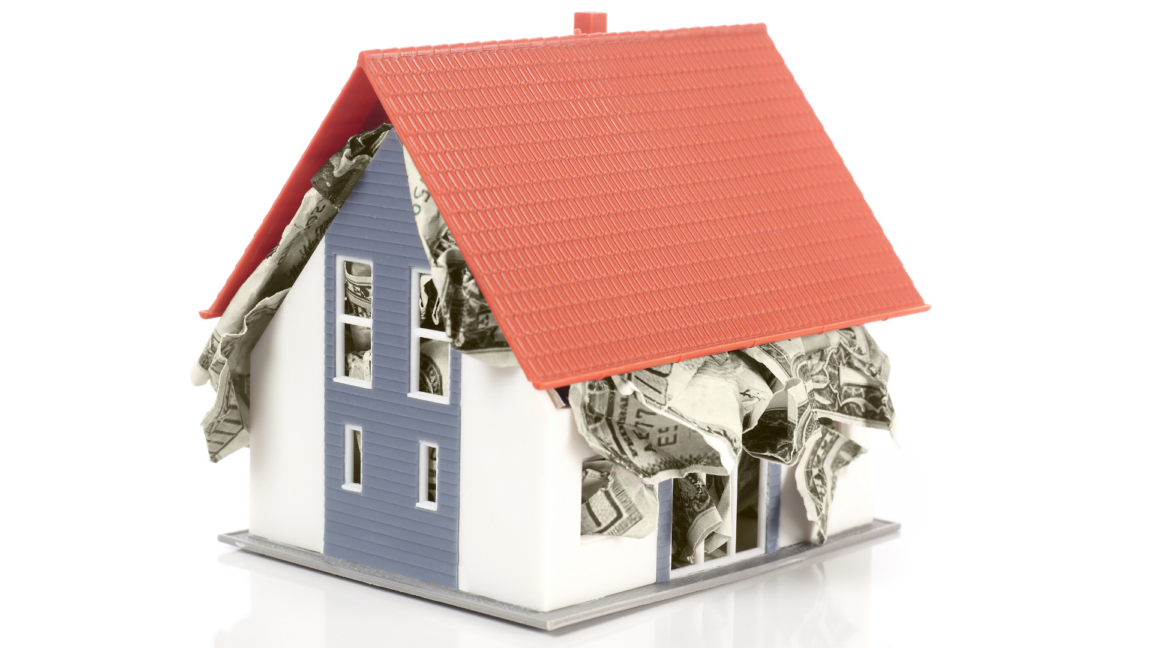
Good debt refers to debt that, once incurred, has the potential to generate future income or revenue. This is achieved by utilizing the borrowed funds for investments or business expansion, resulting in the creation of additional funds or income streams in the future.
Examples
- Debt that generates income, such as loans for professional purposes, business loans, or loans for various investments or real estate ventures.
- Debt that fosters knowledge, such as educational loans, which can be utilized to further enhance one's skills and prospects for future employment.
- Debt within the system, such as loans from financial institutions under a credit bureau, as successfully completing the repayment of such debts in full and on time can establish a solid financial credit history that enables future loan applications.
What is Bad Debt?

Bad debt refers to debt that, once incurred, cannot generate future income or revenue.
Examples
- Debt that does not generate income, such as loans for travel or frivolous purchases.
- Debt that cannot be fully repaid as scheduled, leading to legal actions, asset seizure, damaged credit, and inclusion in banking blacklists, resulting in a negative financial reputation and difficulty obtaining future loans.
- Debt outside the system, such as loans from non-credit bureau financial institutions, where the lack of a repayment history and high interest rates can lead to aggressive collection methods if payments are not made as agreed.
Tips for Dealing with Debt
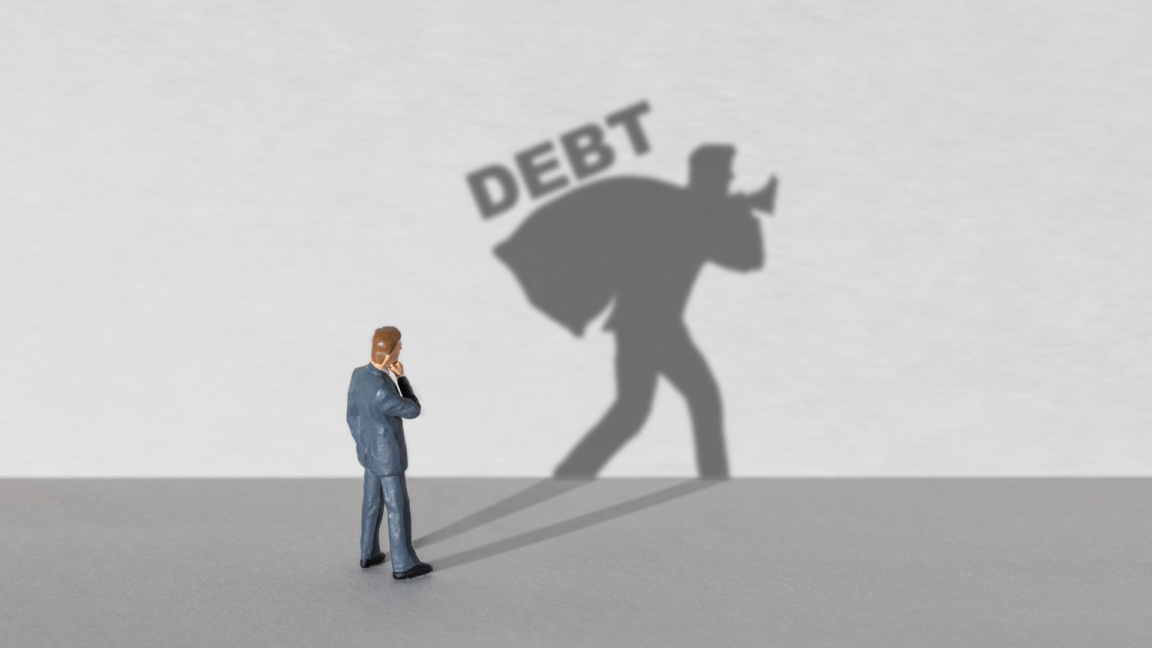
Having learned about the distinction between good debt and bad debt, it's crucial to proactively plan your finances to avoid worrying about debt repayment and prevent the accumulation of overwhelming debt. Creating a comprehensive financial plan will help ensure timely debt clearance while preventing the risk of further debt escalation due to missed payments. Here are some methods to consider when planning your finances:
Setting Expense Ratios
Establishing expense ratios, such as keeping debt below 40% of income, is an effective method to gain a comprehensive overview of your finances. By allocating proportions of your monthly income to various necessary expenses like food and accommodation, you can better visualize and manage your financial obligations. Avoiding debt that exceeds 40% of your monthly income ensures that your expenses remain within a manageable range without negatively impacting your financial stability.
Don't build up debt after debt
Increasing debt leads to higher expenses and a greater burden of debt repayment. Therefore, it is crucial to control or reduce wasteful expenses to allocate that money towards paying off remaining debts.
Debt Prioritization
Prioritizing debt repayment involves determining the order in which debts should be paid off to ensure timely fulfillment of obligations. Two commonly used approaches are:
- Debt Snowball Method: Paying off debts in order of the lowest remaining balance. This reduces the number of outstanding debts and provides a sense of accomplishment as smaller debts are eliminated.
- Debt Avalanche Method: Paying off debts in order of the highest interest rate. This eliminates high-interest debts first, saving money in interest payments and freeing up funds to address other debts.
By selecting the most suitable approach for your situation, you can reduce stress associated with debt and effectively manage your financial obligations.
Debt Consolidation
Debt consolidation is the process of combining multiple debts, such as credit card debt, mortgage loans, or other types of loans, into a single consolidated debt. This simplifies management and eliminates confusion regarding which debt to prioritize. Additionally, consolidating debt may provide the opportunity to secure a lower interest rate, making debt repayment more manageable. Before pursuing debt consolidation, it is important to assess your existing debts and research banks or financial institutions that offer debt consolidation services.
Discuss with the bank
When facing difficulties in meeting debt obligations and wishing to avoid being blacklisted, one effective approach is to negotiate with banks or financial institutions. This involves seeking options for debt reduction, restructuring, or negotiating for more manageable repayment terms. Successful negotiations depend on your credit reputation and the alignment of interests between both parties. By leveraging your financial credibility and expressing your satisfaction, negotiation can lead to favorable outcomes for debt relief and improved repayment arrangements.
Key Considerations Before Taking on Debt

Regardless of whether it's good debt or bad debt, in order to avoid the risk of overwhelming debt or taking on more debt than one can handle, it is essential to plan and carefully consider before deciding to take on debt. Some key factors to consider include:
The Importance
Before taking on debt, it is important to consider the causes and consequences and analyze whether the debt is necessary for you. Assess the level of necessity and prioritize each debt based on its importance. Determine which debt should be the first priority, considering how essential it is to your overall livelihood. By doing so, you can ensure that the income generated from that debt can be utilized for future expenses.
Choosing the right type of loan
Selecting the right type of loan that suits your needs can be determined based on the purpose for which you require the funds. For example, if you need funds for a mortgage, it is advisable to opt for a home loan. If it's for purchasing a car, an auto loan would be more suitable. For everyday expenses, a personal loan may be the ideal choice. Planning in this manner allows you to select the most appropriate loan that aligns with your financial situation each month.
Comparing Terms and Interest Rates from Various Sources
In addition to selecting the appropriate type of loan, it is essential to compare the terms and interest rates offered by different lenders. Each lender will have varying conditions, interest rates, and repayment periods. By conducting comparisons, we can ensure that we choose the loan option that best meets our needs, preventing the burden of excessive debt repayment.
Assessing Your Repayment Capacity
Responsible debt repayment should not excessively impact necessary daily expenses. To determine this, you can calculate the debt-to-income ratio by dividing your monthly debt payments by your monthly income, then multiplying by 100. Ideally, your debt should not exceed 40% of your income. Therefore, before taking on debt, it is crucial to evaluate your repayment capacity and determine if you can comfortably manage the payments. This assessment will help prevent future difficulties in meeting repayment obligations.
Evaluating Income Potential and Stability
To prevent the problem of being unable to afford debt payments or making untimely payments due to income instability, it is essential to assess your income potential and stability. Determine if your current job provides a reliable and sufficient income to meet all debt obligations within the specified timeframe. This evaluation is crucial to avoid falling into bad credit and potentially affecting future loan applications.
What is NPL?
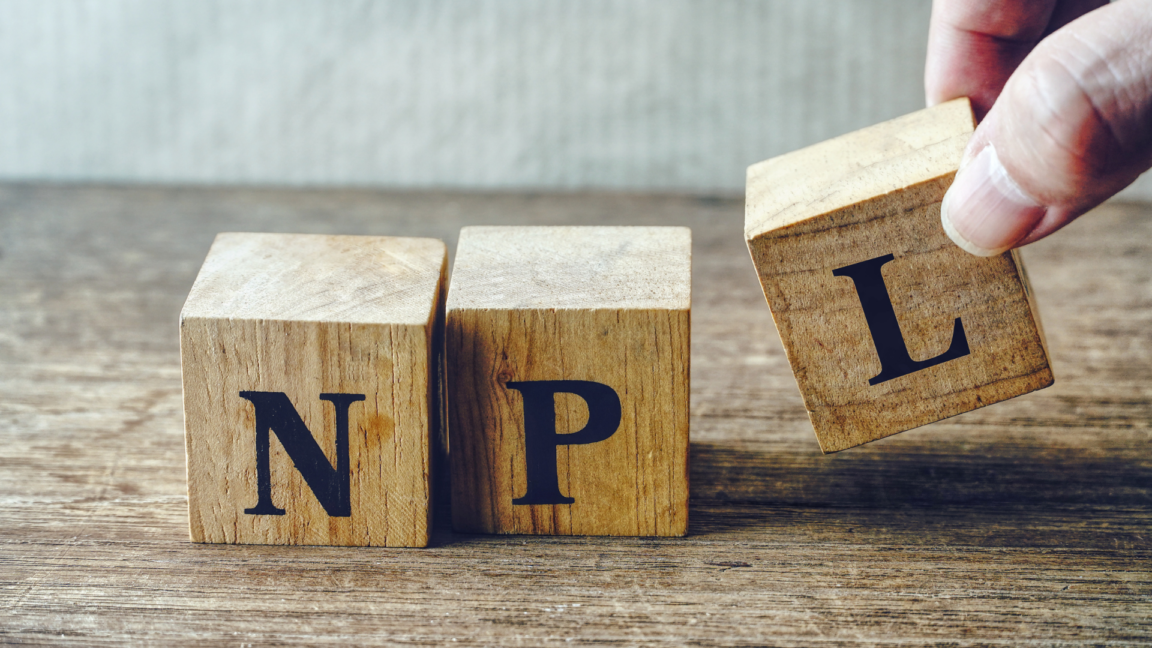
Non-Performing Loan (NPL) refers to a debt that has not been repaid according to the agreed terms and conditions stated in the contract. It occurs when a borrower has obtained a loan but fails to make payments for a period exceeding the specified number of days, typically set at 90 days.
Causes
The occurrence of NPL can be attributed to various factors beyond the borrower's income. For example, overall market conditions in the country can affect individuals with low to moderate incomes, as well as financial discipline that impacts the borrower's ability to repay the debt. Effective management and successful debt resolution are necessary to close NPL accounts.
In the event of NPL, financial institutions will report this information to a centralized data repository known as the Credit Bureau. The Credit Bureau collects and maintains NPL data for up to three years in their processing system, with monthly updates of new information. Therefore, even if NPL or bad debts have been fully repaid, it is essential to wait for the data to be updated accordingly.
Impact of NPL on Bank Loan Approvals
Having NPL, also known as bad debts, definitely has negative implications. NPL has a long-term effect on future loan applications, as it raises concerns about the borrower's ability to repay. It is similar to a credit history that makes financial institutions uncertain about our repayment capabilities. If there is an emergency or a need for future loan applications, there is a high chance of being denied approval.
Financial institutions must assess the risk involved in lending, including the impact on their reserve capital, as stipulated by the Bank of Thailand's criteria. Each institution must maintain reserves to prepare for cases of NPL while still being able to provide loans to regular customers.
Therefore, prime target customers that financial institutions want to lend to without worrying about NPL issues are those with good behavior and a track record of timely debt repayment. Having no NPL may increase the chances of loan approval and potentially secure loans at lower interest rates compared to individuals who may have experienced NPL issues in the past.
NPL Prevention

- Before applying for a loan, examine your income and expenses to create a debt repayment plan that minimizes the risk of NPL. Assessing your income and expenses will help you identify areas where you can increase your income or reduce expenses, reducing the chances of NPL.
- Once the loan is approved, make timely and complete debt repayments to avoid NPL. This step is crucial and fundamental. Maintaining discipline in debt repayment and avoiding NPL will help maintain a good credit history and increase the chances of future loan approvals.
- If you have a history of NPL, it is advisable to contact the financial institution you borrowed from promptly to negotiate and request debt restructuring. If you realize that you cannot meet the repayment deadlines and there is a possibility of NPL, one thing that can help is direct communication with the lending institution. You can negotiate with the lender to extend the repayment period or temporarily reduce the interest rate, depending on the borrower's agreement. If debt restructuring is done before it becomes overdue for more than 90 days, it can prevent NPL and preserve your credit history.
- If given the opportunity to resolve NPL, adhere to the repayment conditions strictly and build a new positive credit history. When applying for debt restructuring for NPL and receiving new repayment conditions, it is important to strictly adhere to those conditions. Repay the debt on time for at least 12 months to demonstrate commitment and financial readiness to take responsibility for the new debt.
- Although resolving NPL may take time, there are significant benefits to fully clearing this debt. Aside from eliminating the outstanding debt, it also provides an opportunity to rebuild a new credit history and demonstrate our ability and discipline in repaying debts.
Closing Comments
Being in debt doesn't always have to be intimidating. In fact, good debt can actually work in our favor by enhancing our creditworthiness for future loan applications. It also instills financial discipline within us. Good debt refers to borrowing money for purposes that can generate future income, such as investments or expanding a business, resulting in long-term financial growth. On the other hand, accumulating debt that doesn't generate future income, such as impulsive purchases or excessive spending, increases the risk of being blacklisted.
To avoid potential difficulties down the road, it's crucial to engage in thorough and comprehensive financial planning before applying for a loan. This includes selecting the most suitable type of loan and considering its compatibility with our financial situation. By taking a proactive approach and making informed choices, we can prevent the problem of being unable to repay debts in the future. So, don't let the fear of debt hold you back; instead, embrace the concept of good debt and leverage it to build a stronger financial future.
Whether you're looking to invest in a property or seek one for residential purposes, hop on and check out our expansive selection of over 270,000 properties throughout Thailand today to make your property goals a reality!



